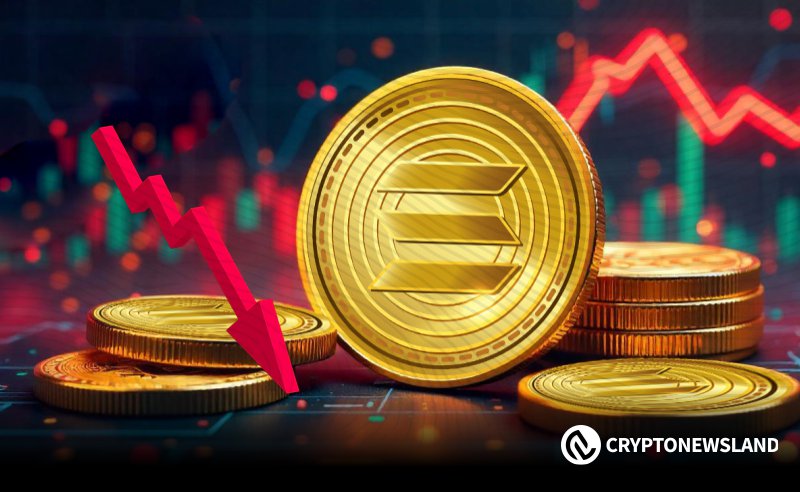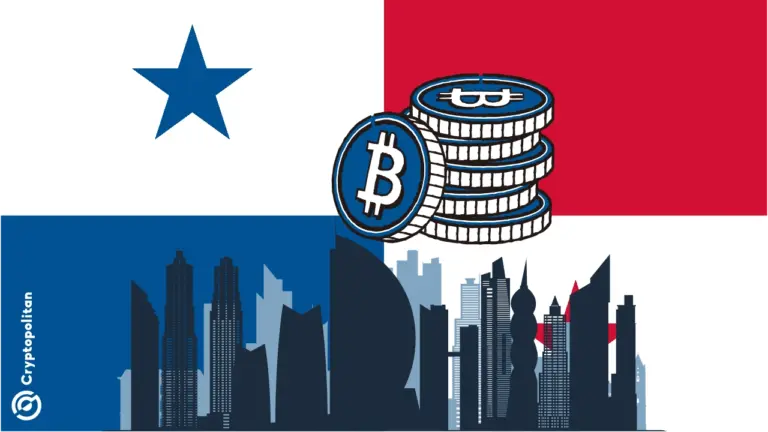Meme coin traders can benefit from fundamental analysis, says HashKey Capital's Jupiter Zhang
Meme coins registered 1,300% returns on average during the first quarter, according to a report by CoinGecko. This made meme coins the most profitable narrative in that period and made the number of tokens issued on Solana, the hottest blockchain for meme coin trading, reach an all-time high of 14,648 tokens launched.
In this landscape, new investors might be tempted to spray their funds over different meme coins and hope for stellar growth. Jupiter Zhang, head of liquid funds at investment firm HashKey Capital, highlights that “for every success story there are dozens more failures.”
“Market fundamentals have never been more important. […] FOMO is not a long-term strategy,” shared Zhang with Crypto Briefing. “Fundamental analysis provides a structured, analytical approach to investment, especially crucial in a volatile market like crypto. While the high returns from meme coins might seem attractive, they are often driven by hype and speculation rather than underlying economic value.”
Recently, HashKey Capital published a 217-page book titled “Digital Asset Valuation Framework”, a guide to fundamental analysis in crypto. Zhang is the lead author, and he says that by understanding fundamental analysis, investors can identify assets with real potential and longevity, reducing risk and fostering a more sustainable investment strategy.
“This is crucial because, as the meme coin narrative shows, not all that glitters in the crypto world is gold.”
Why bother with fundamentals?
Meme coins, as the name suggests, rise by backpacking on a famous meme. Because of this, most of them usually have short lifespans. Investors might not be inclined to learn how to do proper research since spreading money might be more profitable.
“Even in the seemingly whimsical area of meme coins, fundamental analysis can provide insights. For instance, evaluating the community engagement, development activity, and use cases of the token can offer a glimpse into its potential sustainability and growth,” explains Zhang.
Moreover, fundamental analysis can be useful for identifying what meme coins have a strong enough narrative to sustain longer-term interest from those that are likely to fizzle out with the fading of initial hype.
“Fundamental analysis doesn’t necessarily lie in opposition to narrative-driven investing, which focuses primarily on the stories and trends that capture market interest and investor sentiment. They can be used in tandem to provide a more well-rounded evaluation of a digital asset’s potential.”
Zhang adds that while fundamental analysis aims for long-term growth against the market’s often emotional and speculative waves, narrative-driven investments are useful to ride the waves of market enthusiasm and investor psychology, potentially reaping quick rewards.
However, narrative-driven investing often leads to the fear of missing out (FOMO), and that usually ends in bad investments. In other words, narrative-driven demands an effort to time the market and move swiftly before the narrative shifts, while fundamental analysis delves into the intrinsic value of an investment, looking to identify assets with strong fundamentals that suggest a higher intrinsic value than the market price.
“This is a more methodical path to potentially sustainable gains, as it requires rigorous assessment of data. Some things we look at when evaluating the fundamentals of digital assets: a thorough evaluation of a token’s utility, governance structure, supply mechanics, technical stack, and potential innovations there.”
More VCs into meme coins
The meme coin market was always a way for investors to bet without generating returns for VCs. That is because when a token from a protocol is made available to the public, VCs already have their hands on it for a significantly smaller price. Consequently, if this token gets popular and its price jumps, VCs are the true winners.
Meanwhile, since meme coins are issued by the community, this is one sector VCs can’t profit from. Or couldn’t until recently. Shiba Inu closed a $12 million funding round with the participation of Mechanism Capital, Big Brain Holdings, Cypher Capital, and Shima Capital, among others, and this may turn the tide in the meme coin market.
“Across sectors, industries, and opportunities, investors will seek returns in all corners of the market. So large-scale investments in meme coins are not really surprising,” says Zhang about the recent movement of VCs into these tokens. “The fundraising success of Shiba Inu suggests that even meme coins can capture serious investor attention when they align with a compelling narrative and show potential for broader ecosystem development based on community engagement.”
Therefore, that’s where fundamental analysis shows its weight. Zhang believes that as more people get equipped with fundamental analysis tools, the number of serious investments directed at selected meme coins will show sustained growth over time.
“These will likely be the ones that demonstrate real utility, ongoing social value, or strategic significance within the crypto market, beyond just the initial hype.”
Disclaimer: The content of this article solely reflects the author's opinion and does not represent the platform in any capacity. This article is not intended to serve as a reference for making investment decisions.
You may also like
Bitcoin Sets Higher Lows—Can Bulls Target $88K Resistance?

Solana Faces 50% Drop Risk as $125–$137 Range Holds the Key Amid Market Volatility

Panama City Council makes history as the first government institution accepting crypto payments
Share link:In this post: Panama City council voted in favor of becoming the first public institution of government to accept payments in cryptocurrencies. Citizens will now be able to pay taxes, fees, tickets and permits entirely in crypto starting with BTC, ETH, USDC, and USDT. The city partnered with a bank that will receive crypto payments and convert them on the spot to U.S. dollars, allowing for the free flow of crypto in the entire economy.

EnclaveX launch brings fully encrypted, cross-chain futures trading to retail investors